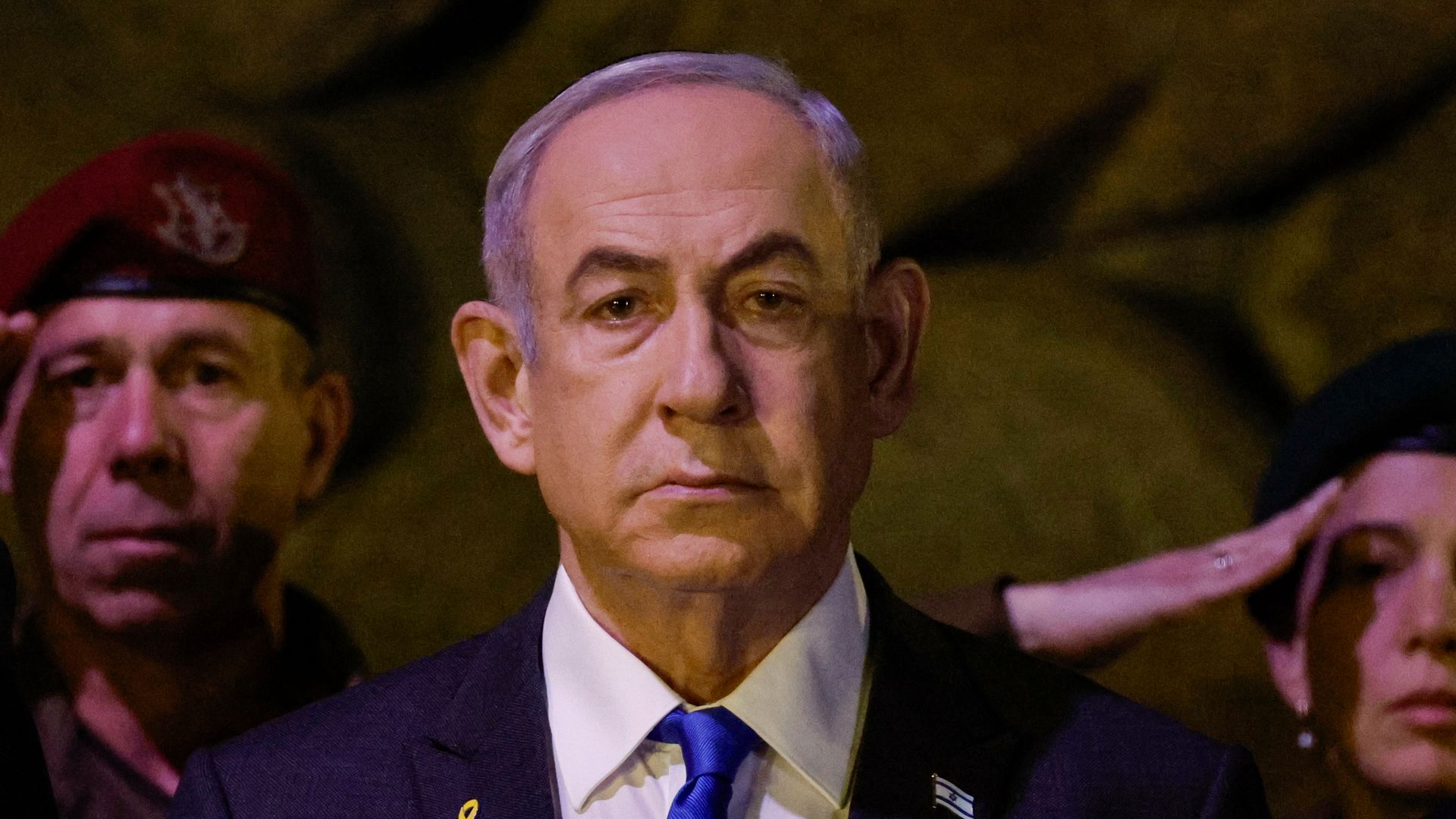There are many in Israel who don’t believe Benjamin Netanyahu wants a new hostage deal, and they’re not just the families of those still being held in Gaza.
Such is the scepticism with which Israel’s prime minister is now regarded, a growing number of Israelis are starting to think their embattled leader wants to string out the fighting as long as possible as a means to remain in office.
Having spent much of Monday blaming Hamas for collapsing ceasefire talks, the group’s dramatic acceptance of a ceasefire proposal last night certainly threw the Israeli government.
Please use Chrome browser for a more accessible video player
War latest: 20 militants killed as Israel takes partial control of crossing
Whether or not Hamas has agreed to the same Israeli proposal that Antony Blinken described as “generous” only a few days ago however, is unclear.
The Israeli government’s initial response, late last night, was to claim it was a different proposal and something Israel had not agreed to.
There are parties to these negotiations who will know if that is true or not: The CIA Director Bill Burns has spent much time in the Middle East over recent months and has been criss-crossing between Cairo, Doha and Tel Aviv over the past few days.
Israeli Prime Minister Benjamin Netanyahu to face pressure from right-wing coalition on future of Gaza
Benjamin Netanyahu says Israel ‘will make own decisions’ amid threat of ‘fierce and painful response’ from Iran
Lord Cameron set for Israel visit as Rishi Sunak tells Benjamin Netanyahu now is ‘moment for calm heads’
He will be fully across each word of any proposal and how the language has shifted; he will know who is acting in good faith, and if either side isn’t.
The fact the Israeli war cabinet has agreed to send a negotiating team to Cairo today, something they didn’t do last week, shows they are taking this seriously, but the parallel move to send IDF troops into Rafah complicates matters.
There are two opposing schools of thought here; one says that Netanyahu’s decision to keep fighting and attack Rafah shows he doesn’t want to halt the war, knowing that a ceasefire could very likely spell the end of his government if its right-wing allies resign in protest.
The other view is that Netanyahu has upped the military pressure on Hamas to achieve a hostage deal, just at the moment negotiations are reaching a decisive point.
To suggest Netanyahu is deliberately blocking a new deal “is like Hitler indicting Churchill” a source close to the prime minister texted me on Monday night.
When I asked if Hamas was “playing the PM”, I got laughter emojis back.
But an invasion of Rafah would be a final roll of the dice.
Please use Chrome browser for a more accessible video player
Sure, it remains the final unexplored bastion of Hamas in Gaza, but is it really the location of [Hamas leaders] Yahya Sinwar, Mohammed Deif and the remaining hostages and would a full-scale operation in Rafah finally achieve Israel’s outstanding objectives?
Read more:
How ceasefire prospects soon evaporated
Peace in Gaza looks as distant as ever
China ‘hacked MoD’
It’s a gamble, and if it doesn’t succeed, Netanyahu will be left with few places to turn.
This might be the best deal Netanyahu is going to get then, and he is now under pressure to decide.
If the US, Qatar, Egypt and Hamas all agree it’s a good deal, how can Bibi reject it without being seen as the one preventing the hostages from returning home?






















